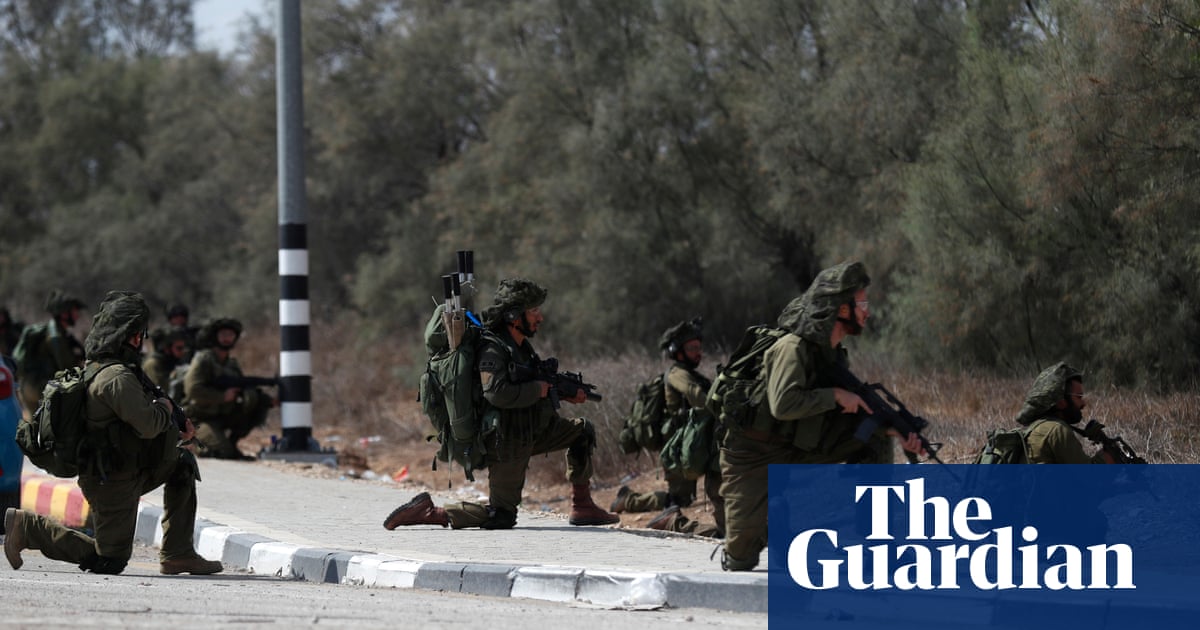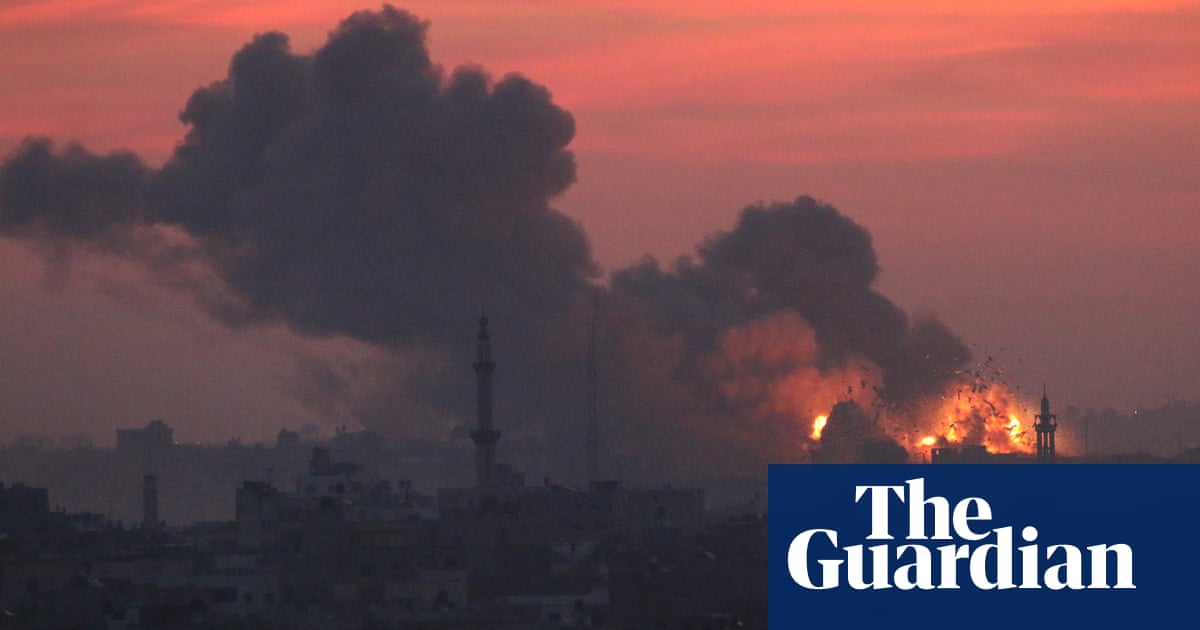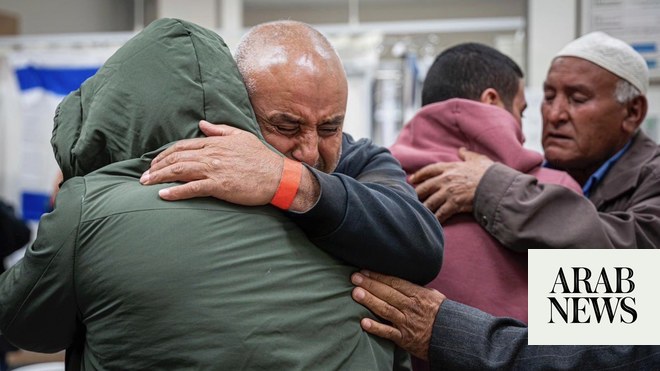
There was no answer when Kanjana Patee’s family called her brother’s phone on Sunday, the morning after Hamas’s attack on Israel. Each time that they have tried to ring since, the line has been completely dead. “It’s so hard for us not to know – did he get captured, did he run away, what happened to him?” says Kanjana.
Many in Thailand are, like Kanjana, desperately waiting for news of loved ones who remain missing in Israel. Thailand is one of the biggest sources of migrant workers to the country, and the Thai government has said it believes 11 of its nationals are among those taken hostage, and that 18 were killed.
Kanjana’s older brother Kiattisak Patee, 35, moved to Israel four-and-a-half years ago and has been working on a chicken farm. “He wanted to earn more money for his family and to relieve the debt of the family,” Kanjana told the Guardian.
He was working on a five-year contract, with just six months left before his scheduled return home. This weekend, his name appeared on a list shared online and in Thai media, which claimed to detail Thai nationals who had been taken hostage during the violence.
Kanjana has spent the past few days desperately messaging other workers on Facebook, asking for any information they might have about her older brother. She has been unable to confirm what has happened to him.
Many are enduring the same painful wait. Some have spotted their loved ones in images, apparently of hostages, shared online, which show men sitting with their hands tied behind their back, some with their heads bowed and others looking, terrified, into the camera.
Porntip Chombua, whose son Komgrit Chombua, 29, is missing, told the local broadcaster Thai PBS she had seen her son in a photograph that appeared to show those taken. “I couldn’t say a word. The only thing I ask is for my son to be safe.”
In a message to her son, she said: “I miss you. I miss you so much. I hope you are safe. My heart is with you. I hope you’re safe.”
Hamas seized about 150 people in its attack, and has said it will kill them one by one if Israel continues to hit Gaza with airstrikes.
About 30,000 Thais live and work in Israel, including many people from poorer, rural areas who are drawn by agricultural jobs that offer higher wages than back home.
Nhoopa Pansa-ard, 63, told Thai PBS all she wanted was for her son to return. “I just want my son. I don’t want a single baht of money. Just for my son to come home, that’s all I think about,” she said. She had recognised her son’s clothes among images of victims, she said, and she believes he is dead.
Her son, Somkuan Pansa-ard, went to work on a banana farm in Israel last November. He was paid a monthly salary of 80,000 baht – far more than the minimum wage in Thailand, which is about 10,620 baht a month – and would normally send 58,000 baht home.
Other families told the media they had retained contact with relatives over the weekend, only for this to be cut off.
Jittawan Promsudorn told AFP that her cousin Adisak Pengsuwan had been working on a farm in the Gaza Strip area since March 2022. They had not heard from him since the early hours of Tuesday morning, she said.
“Earlier he told us that all of his friends were all shot dead, but he was lucky to be able to run away to a bunker,” she said. “He was stuck in a bunker with another 19 Thais, but there was no food or drinkable water. He told us that he wanted to go out to get some food and water but afraid for his life.”
Adisak was waiting for help from Thai officials, she said. “Our family, especially his mother is now distressed and she checks in with me every hour [to see] if I hear back from her son,” she said.
The Thai government is planning to evacuate thousands of its citizens away from the conflict, and has said 3,000 have requested to leave.
Kanjana said her family had been advised by other Thai workers in Israel that all they could do was wait for news. “My mother is really really suffering, she can’t sleep, my father is not in a good shape either,” said Kanjana. “We are in such distress.”












